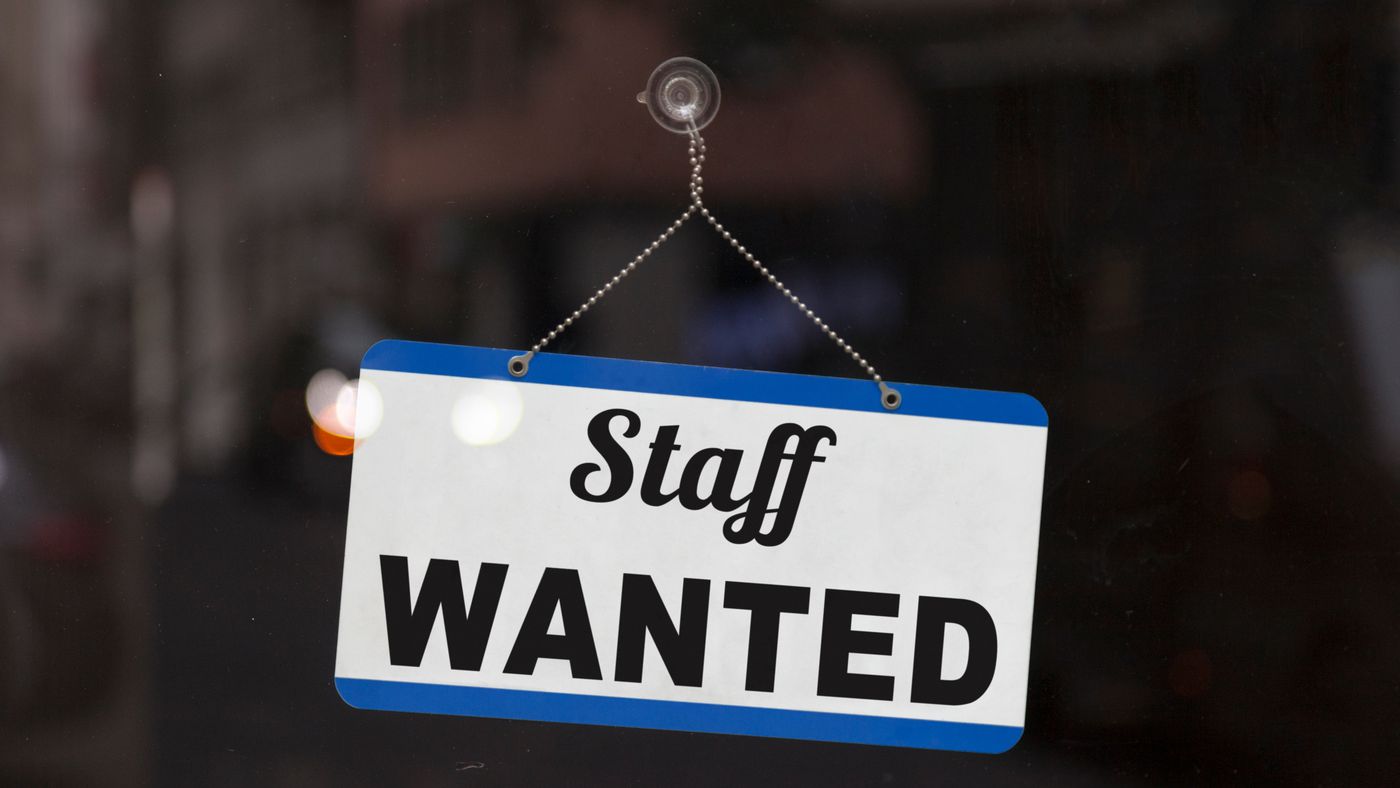A common fear among our clients is that filing for bankruptcy will cause them to lose their jobs or that their employers will be notified of the bankruptcy filing? I am here to say that this an unfounded fear and should never be the reason why someone decides not to file for bankruptcy.
Contrary to the bankruptcy rumor mill and what you might have heard from your mother, brother, next door neighbor, or friend of a friend, personal bankruptcy filings in Arizona are not posted in the newspaper. I do believe that business filings are sometimes posted. Also, your employer will never get notification that you filed for bankruptcy. The only exceptions being if you have a writ of garnishment where you employer is the garnishee or if you have, for some reason, listed your employer as a creditor. The latter has happened. For example, we have had clients that work for American Express and also happen to have an American Express credit card. However, it is not a very common occurrence.
What if your employer does, by one way or another, discover that you filed bankruptcy? How can I be so certain that you will not get fired because of your bankruptcy filing? I am certain because the bankruptcy code says so, and no one wants to mess with the code. The specific section we are talking about is 11 U.S.C. Sec. 525(b). This section states that a private employer may not discriminate with respect to employment nor terminate the employment of an individual solely because that person filed for bankruptcy or did not pay a debt that was dischargeable. Plain meaning of this: your employer can’t fire you or negatively affect your employment even if it is known that you filed for bankruptcy.
An important distinction in the code is the term private employer. The Government has different rules when it comes to discriminatory behavior based on the filing of bankruptcy. One of the important differences, as determined by the Fifth Circuit Court Appeals on March 4, is that the Government can also not deny employment because an individual has filed bankruptcy. The same does not apply to private employers, and the Fifth Circuit determined that there is nothing in the construction of the bankruptcy code that would prove that it would apply. The Fifth Circuit determined that if Congress felt a private employer should not be able to refuse to hire someone who has filed for bankruptcy, it would have expressly stated so in 11 U.S.C. Sec. 525(b). Therefore, if you file for bankruptcy relief and then apply for a job at financial institution (the most common example), that employer does have the right to consider your bankruptcy filing when deciding whether or not you will be hired. But, if you already work for that institution and then file, you can not be fired only because you sought bankruptcy relief. If this were the case, your employer would be violating the code and be subject to penalties. And that is why no one likes to mess with the bankruptcy code.
The moral here is that if you are considering bankruptcy and it is something that will help you get back on your feet, you should not let rumors of what can happen after you file affect your decision to seek the financial relief you need.
(On a side note, I do believe that, while the government can not discriminate with regards to employment, it can deny the granting of certain security access if a government employee files for bankruptcy).
